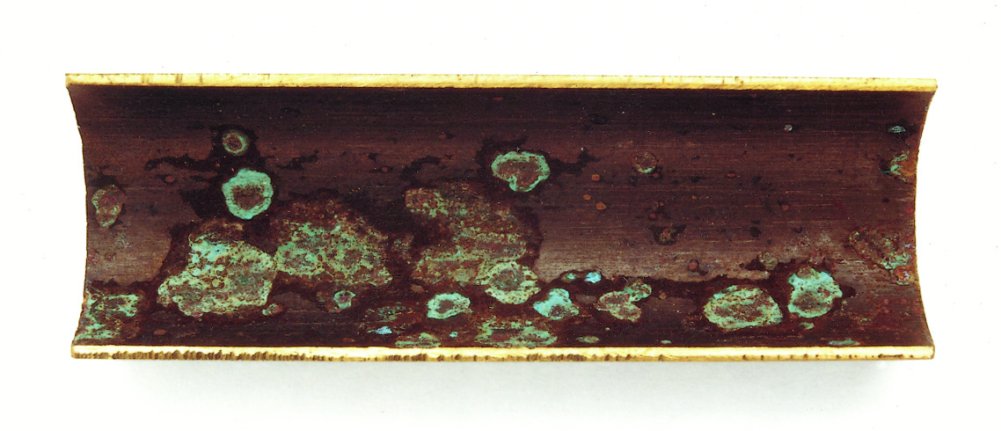Water Fouling
What is Water Fouling?
The terms ‘fouling’ or ‘water fouling’ are general terms used to describe the presence or accumulation of unwanted material in water or on a component such as a heat exchanger. This can include scale, general dirt and debris, dissolved metals, or biological matter or bacteria, and can impede the usefulness of the application over time. Fouled water is never optimal and can cause a variety of problems if left untreated.
Fouling encompasses a number of issues, and no single treatment method can prevent or mitigate all types of fouling. Instead, the water should be analyzed to determine the best treatment method for the given issue. The first step towards cleaner, more efficient water systems is a system audit by a water treatment expert.

The Symptoms of Fouled Water
Because fouling is a kind of umbrella term used to describe a state of impure water or water that has accumulated impurities (especially on useful components like heating elements), there are a number of indicators that might point to fouling within water. Individually, these ‘symptoms’ may not be especially concerning, but the presence of one or more of them indicates impurities that could seriously effect the system down the line.
• Scale formation
• Corrosion fouling
• Bio-fouling/ accumulation of microorganisms or plant life
• Dissolved metals
• General dirt and debris
How to Prevent Fouling in Water
Because fouling can include a number of separate issues, there is no one-size-fits-all solution to prevent fouling. Instead, a system audit of your facility or water application should be done to identify the areas in which fouling can occur, or has already occurred, followed by the creation of a plan to prevent or remediate the fouling. To speak with a member of our team about a free facility audit and our water treatment plans, fill out the form below and we will get back to you as soon as we can.

